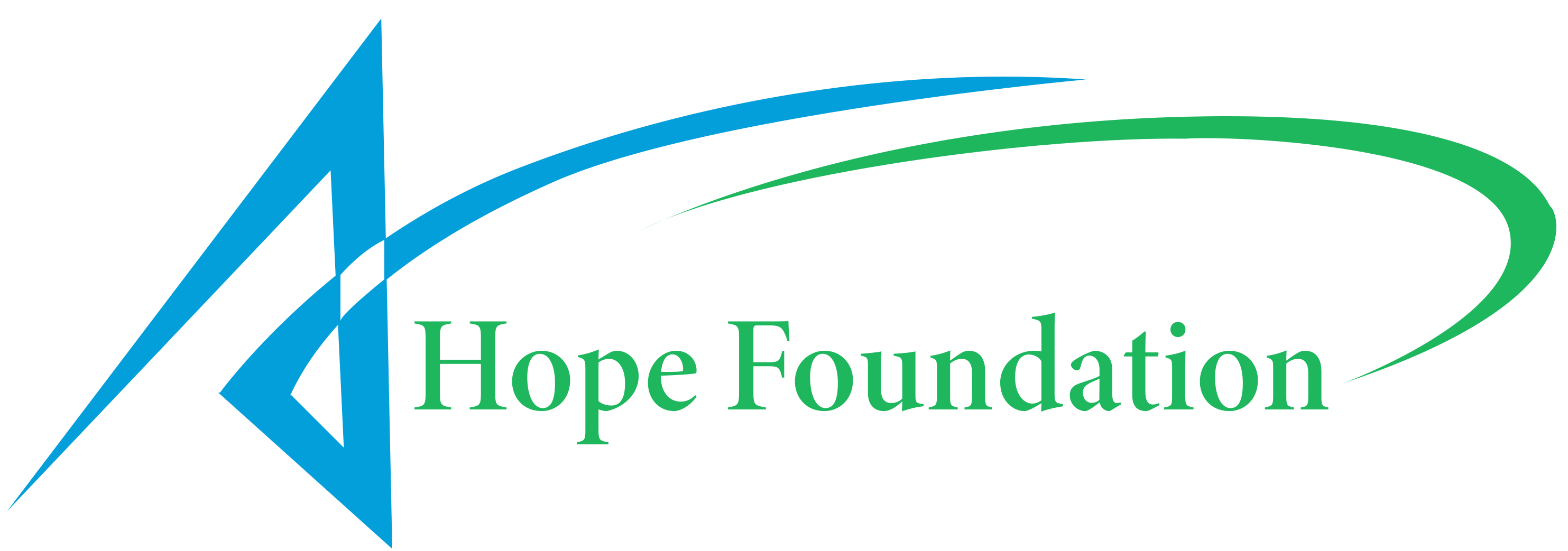Digital Skilling and Microwork are key components of the Connected Learning: Digital Skilling and Microwork project, which aims to empower both refugee and host communities with the tools they need to build a sustainable future.
Digital Skilling at The Hope Foundation Uganda involves providing youth, especially those who are out of school, with the necessary knowledge and expertise to navigate the digital world. In Uganda, many young people, including refugees, face challenges accessing formal education or job opportunities. Through the Connected Learning project, The Hope Foundation offers training in essential digital skills such as:
- Basic Computer Literacy: Learning how to use computers, software, and the internet, which are critical for almost all modern jobs.
- Digital Tools for Work: Training in using productivity tools like word processing, spreadsheets, and communication platforms (e.g., email, Zoom).
- Advanced Digital Skills: For those with more aptitude or interest, The Hope Foundation also teaches skills like coding, graphic design, and digital marketing, which open up higher-paying job opportunities.
These digital skills help participants increase their employability and adapt to the modern workforce, where digital literacy is a prerequisite for many jobs.
Microwork at The Hope Foundation Uganda provides an immediate and flexible way for youth to earn income, especially those who may not have access to traditional job markets due to geographic, social, or educational barriers. In Uganda, refugees and host community members often face significant challenges finding stable employment, making microwork an ideal solution.
Microwork consists of small, simple tasks that can be done remotely, often using basic digital skills. These tasks can include:
- Data Entry: Inputting information into online systems or databases.
- Image Tagging: Labeling or categorizing images for businesses or tech companies.
- Online and Field Surveys: Participating in surveys for research or market analysis.
- Content Moderation: Reviewing online content for compliance with company standards.
Through the Connected Learning project, The Hope Foundation connects participants with microwork opportunities on reputable platforms, allowing them to earn money while simultaneously building their digital skill set. This form of work offers flexibility, enabling individuals to balance their commitments and work from anywhere with internet access.
The Impact of Digital Skilling and Microwork in Uganda
By combining digital skilling with microwork, The Hope Foundation equips youth with the ability to gain both the skills and income necessary to improve their lives. These efforts are particularly impactful for refugees and out-of-school youth, who may face limited options for traditional employment. The digital skills learned also contribute to long-term career development, and microwork provides a way to earn an income in the short term, providing immediate financial support.
Ultimately, these two elements of the project create a cycle of empowerment — as youth acquire more digital skills, they are able to take on more complex and higher-paying work, leading to increased self-sufficiency, improved livelihoods, and a more sustainable future for individuals and their communities in Uganda.
